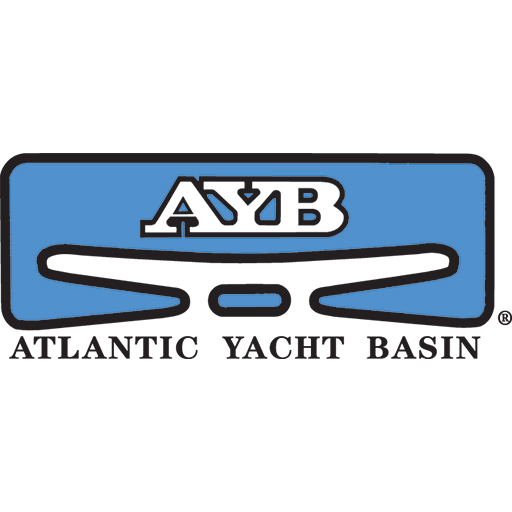
Recent studies have shown that a chemical in most sunscreens is causing harm to coral across the world. The chemical oxybenzone has been shown to be a factor in coral bleaching even in low concentrations. Coral bleaching causes discoloration to the coral and ultimately leads to its death. Without coral, fish populations suffer from the deterioration of their habitat and shorelines are more susceptible to storms. Coral bleaching is caused by a variety of things, but the latest discovery is the amount of oxybenzone present in the water especially around tourist areas.
Oxybenzone is a chemical present in many sunscreens and is one of the most effective ingredients for protecting skin from the sun. Unfortunately, as it washes off and is reapplied throughout a day at the beach it is causing harm to the coral reefs. Luckily there are some ways that we can reduce the stress we are putting on coral reefs.
Oxybenzone free sunscreen-
There are sunscreens available that don’t contain oxybenzone. You may have to search a little harder for them or order them online. Don’t be fooled by products that may claim to bee “reef friendly” as they aren’t regulated and may still contain harmful ingredients.
Wear SPF clothing-
There’s a variety of clothing options available that have built in SPF. Try wearing an SPF shirt and hat when you are out gardening and an SPF bathing suit for swimming. This limits the amount of sunscreen necessary to protect your exposed skin and prevents it from running off into the water system.
Evaluate your products-
There are a few sites that allow you to look up the contents of your beauty products and see how ecologically friendly they are. This is a great opportunity to evaluate all the products you use and see if you can do something to improve marine life.
The opportunity to improve the marine environment is always something boaters should be looking into. Without a healthy ecosystem our ability to enjoy the water deteriorates. Finding alternatives to oxybenzone sunscreen is just one more way we can ensure our oceans are available for people to enjoy for generations to come.
